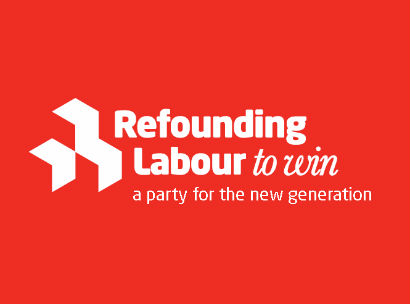In an article on LabourList, the Shadow Defence Minister Kevan Jones has adopted the mantra of ‘too far and too fast’ in relation to recently announced cuts to the Army. He concluded his attack on government spending decisions by stating “recent decisions made by the Government will shape our ability to meet future strategic threats for years and years to come. But they have been made on the basis of making short-term savings over the next 12 to 18 months”.
Yet not all recent decisions within the Ministry of Defence have been made with on the basis of short-term savings. Indeed, another Shadow Defence Minister wrote a piece on LabourList just a few weeks earlier, endorsing the government’s confirmation of £1 billion expenditure on Trident Replacement. And we already know that the Coalition plans to spend £4 billion on Trident replacement design before the decision on whether or not to replace it is taken in 2016 – and while Lib Dems research alternatives to a like-for-like replacement.
The two articles stand alone but looked at together there is a lack of joined up thinking in the defence team. The Treasury has decided the procurement costs of Trident replacement must come out of the Ministry of Defence’s budget, yet Trident was specifically excluded from the Strategic Defence and Security Review (SDSR), which directly led to the recently announced defence cuts.
Kevan Jones linked to Labour MP Dan Jarvis’s piece in The Guardian last week where he wrote “Does any sensible, independent military thinker believe this decision is based upon strategy? No, the only strategy is to pay down the deficit at all costs.” Not quite at all costs though; the government is spending billions on Trident and its replacement despite huge cuts elsewhere in government including in the Ministry of Defence.
So what is Labour’s policy? Well, at the most recent meeting of the National Policy Forum the differences of opinion in the party on Trident were acknowledged and there are signs of a more inclusive discussion.
Meanwhile Ed Balls has stated that the next Labour Government will have difficult spending choices to make and he has expressed the view that it cannot or will not reverse all of the cuts. In that context, endorsing billions more for Trident while blogging the following week that the Government’s defence policy is only focused on short term cuts makes Labour’s defence team incoherent, not to mention inconsistent with Ed Ball’s cautious approach to public expenditure under a future Labour government.
What would be coherent is to implement the position of Ed Miliband during Labour’s leadership election – that Labour “should look at the totality of our conventional and nuclear capabilities, considering both our defence needs and what our priorities are in the changing economic climate.” Labour’s defence team has failed to look at conventional and nuclear capabilities in totality. They should – and correctly conclude that Trident is draining money away from other areas of government expenditure, whether in the Ministry of Defence or other vital public services.




